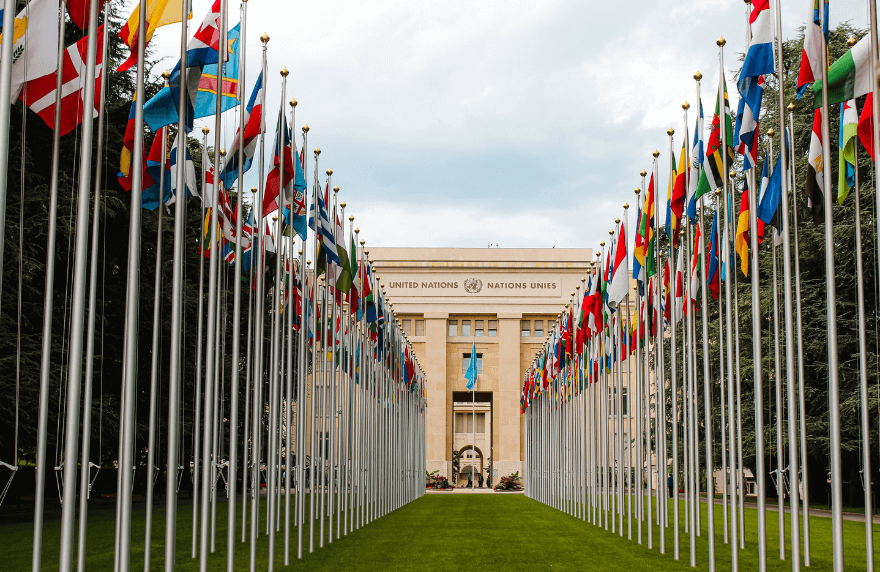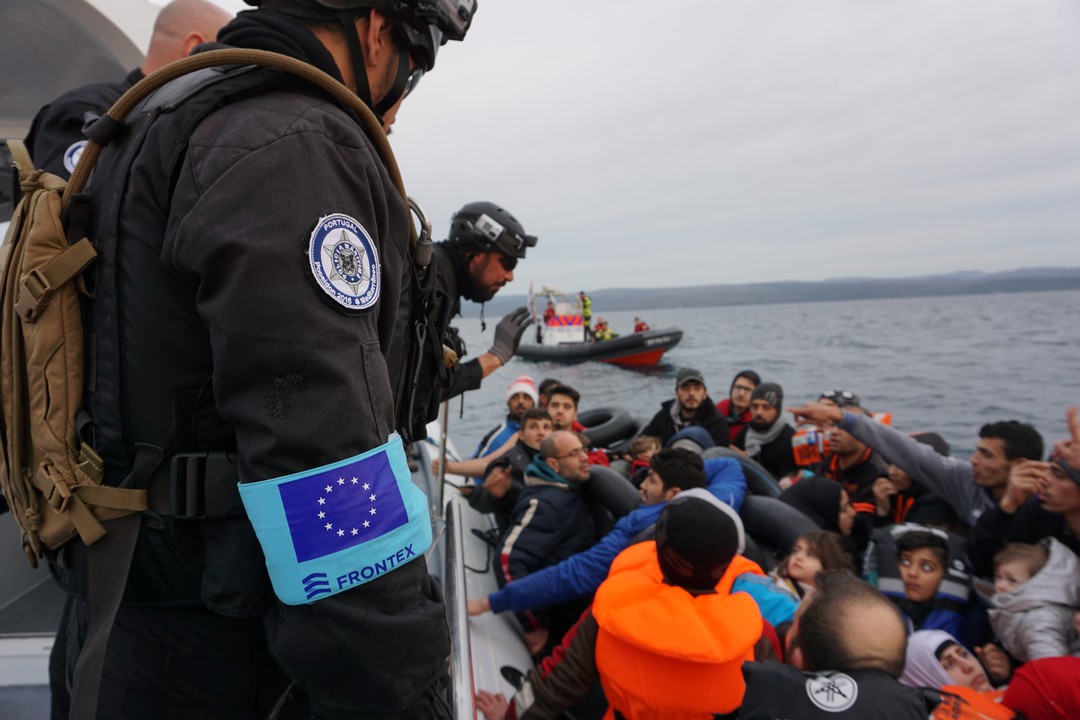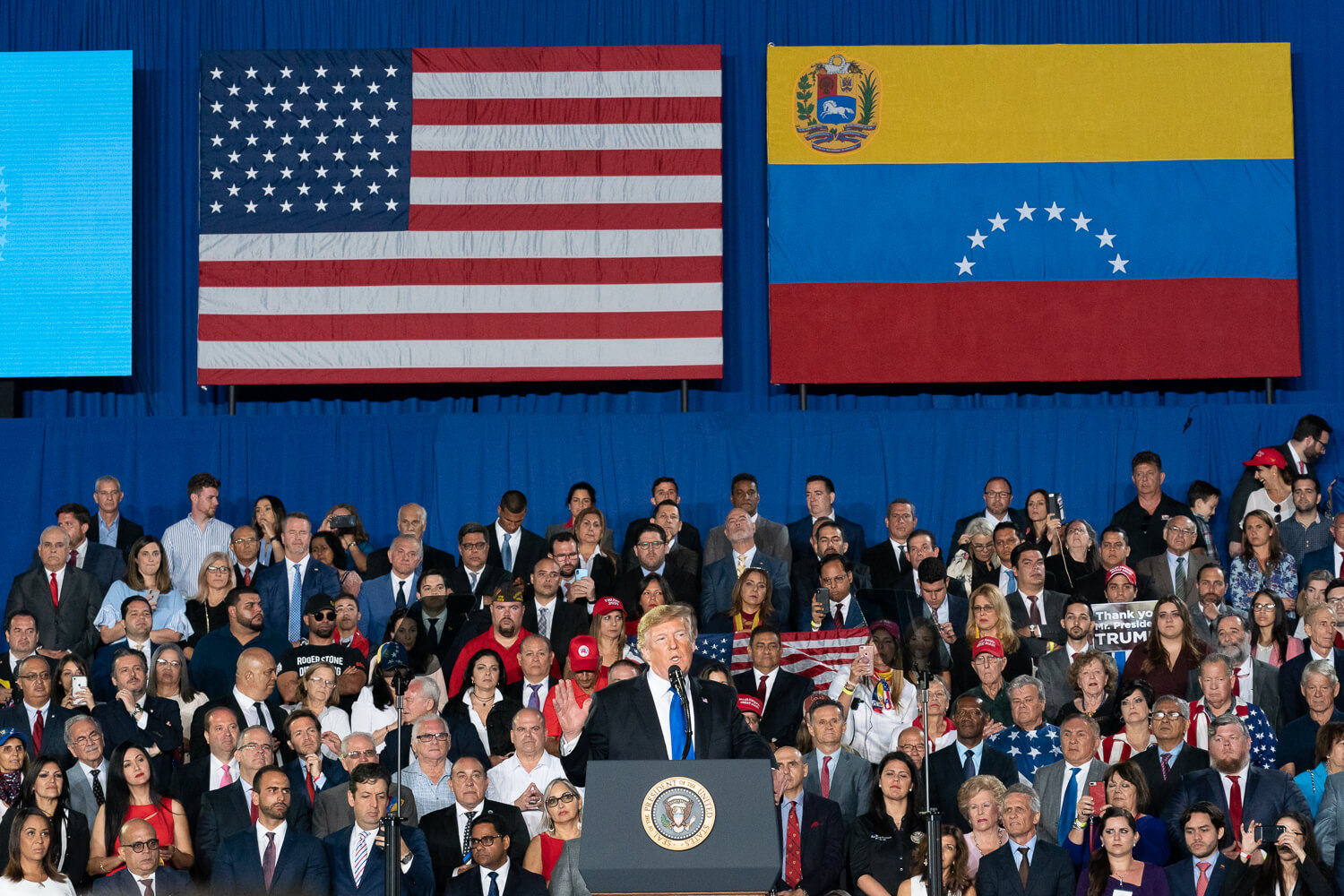How Countermeasures and Norms Shape Hybrid Conflict
Conflicts between states have taken on new forms and hybrid operations play an increasingly important role in this volatile environment. Belligerent powers introduce a new model of conflict fought by proxy, across domains, and below the conventional war threshold to advance their foreign policy goals while limiting decisive responsiveness of their victim.
Given these hybrid threats, how should Western states respond? Are there any tools available Western states have that can draw red lines into blurred lines of hybrid conflict?
Download report.
This paper series argues that the West does have one powerful tool that can help shape hybrid threat actors. That tool is international norms. Norms set international expectations of acceptable state behavior – yardsticks which the international community can leverage when calling out unscrupulous states.
But norms do not develop out of nothing. This report applies the norm lifecycle theory, which analyzes norm development from emergence to cascade and internalization, to five case studies to to better understand the real-life strategies, tools of influence, dilemmas, and trade-offs that empower state-led norm processes. The report not only considers how norms develop, but also what role they play within the counter-hybrid posture of a state, and how they, in conjunction with countermeasures, shape adversarial hybrid behavior.
As many norm entrepreneurs often seem to underestimate, the pursuit of countermeasures may lead to unintended second-order normative effects that undermine their long-term strategic interests. For instance, overt cyber pre-deployment in adversary systems can introduce a norm of mutually assured debilitated, while overt offensive cyberspace operations in response to disinformation can weaponize information in the same ways as Russia. This scenario is explored in-depth in the second case study of this report dealing with Russian disinformation campaigns.
This report also explores four other case studies on Russian, Chinese, and ISIS hybrid conflict actions. The case studies are published individually as a paper series and compiled in a full report with complete overview of the theoretical underpinnings of norm development and the key insights that emerge from the analysis, as well as the concluding remarks and policy recommendations. The policy recommendations explore ways for the Netherlands and its partners to help promote and enforce norms of restraint beyond classic like-minded groups of states while being cognizant of unintended consequences.
Please find an overview of the separate case studies below:
Case Study 1: Protecting Electoral Infrastructure from Russian cyber operations
Download Case Study | Download Factsheet
Case Study 2: Responding to Russian Disinformation in Peacetime
Download Case Study | Download Factsheet
Case Study 3: Countering ISIS Propaganda in Conflict Theatres
Download Case Study | Download Factsheet
Case Study 4: Responding to Chinese Economic Espionage
Download Case Study | Download Factsheet
Case Study 5: Upholding Freedom of Navigation in the South China Sea
Download Case Study | Download Factsheet
Authors
Louk Faesen, Tim Sweijs, Alexander Klimburg, Conor MacNamara and Michael Mazarr (HCSS)











